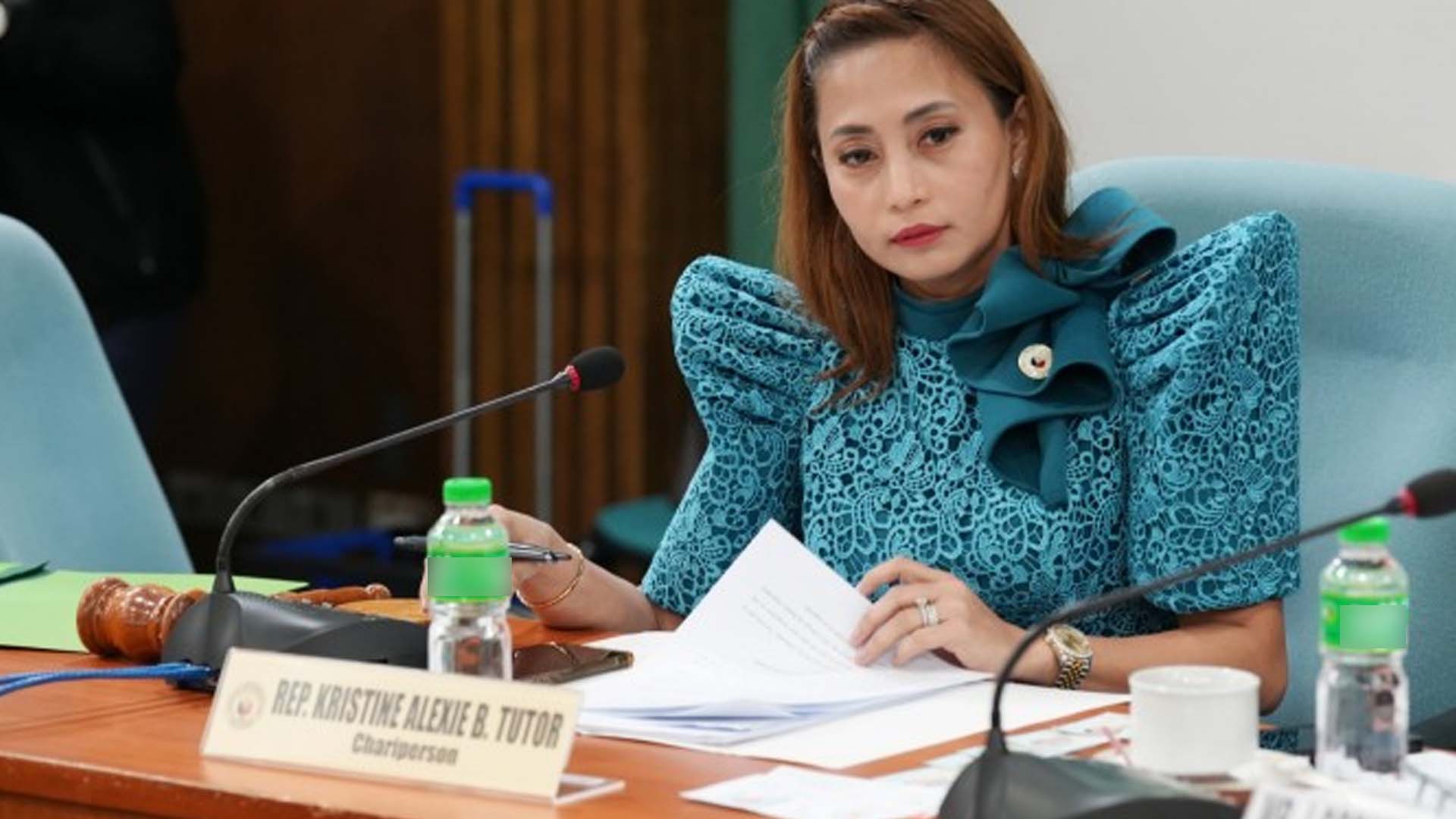A measure replacing the outdated Philippine Medical Act has hurdled the committee level at the House of Representatives to ensure a more responsive regulation for the practice of the medical profession in the country.
During a hearing on Tuesday, the House Committee on Civil Service and Professional Regulation approved the consolidated substitute bill that would provide a new governing law on the practice of medicine in the Philippines.
Committee chair Kristine Alexie Tutor said the repeal of Republic Act 2382 , otherwise known as Medical Act of 1959, is long overdue and will “advance the spearhead of healthcare in the Philippines into the 21st Century”.
“We have lagged so far behind. Our health profession laws should be a relevant mix of the best practices in countries such as the United Kingdom, Singapore, Japan, Korea, and the United States—not just be America-centric. With this proposed new law, we are heading in that direction,” Tutor said.
Tutor noted that the committee-approved bill seeks to integrate and acknowledge the Philippines as the Integrated Philippine Medical Association (IPMA).
All physicians, duly registered and licensed with the Professional Regulatory Board of Medicine (PRBM) and Professional Regulation Commission (PRC), shall automatically become members of the IPMA, maintain such memberships therein as a requisite to practice the profession, and shall receive benefits and privileges upon payment of the required reasonable fees and dues.
Membership in the IPMA shall not be a hindrance to membership in other associations of physicians.
Under the measure, regulatory powers within specific domains shall be vested in the PRBM, the Post-Graduate Medical Education Council, and the IPMA.
Ang Probinsyano Party-list Alfred Delos Santos, for his part, highlighted that the proposed Philippine Medical Act, contains several provisions on telemedicine that would make the proposed law attuned to current and future technological realities of medical practice.
“Sa ngayon, puro ng regulasyon at practice standards lamang ang sumasaklaw sa telemedicine, hindi batas. Napag-iwanan na ang 1959-law kaya kinailangan na itong i-update ngayon (Currently, only regulations and practice standards cover telemedicine, not a law. The 1959 law is already out of date and should be updated),” Delos Santos said.
Telemedicine, as defined in the bill, refers to the practice of medicine by means of electronic and telecommunications technologies such as by telephone, internet-enabled messaging, short messaging service (SMS), or audio- and video-conferencing to deliver health care at a distance between a patient at an originating site, and a physician at a distant site.
Delos Santos said the substitute bill shall vest the PRBM with the powers to supervise, regulate and monitor the practice of medicine in the Philippines, including telemedicine.
The bill also specifies acts involving telemedicine, such as history-taking and examination of any person through submission of photographs and videos or any communication through telecommunication or electronic means for any disease, injury, or deformity; as well as diagnosing and prescribing or dispensing any remedy therefor through electronic means or telemedicine.
The measure also provides that the physician and patient interacting through telecommunication services, for purposes of telemedicine practice, shall be considered to have established a physician-patient relationship, and all pertinent laws governing and related to the said relationship shall likewise apply.
A physician-patient relationship may be established through telemedicine and the health care services provided through this means shall be held to the same standards of practice and conduct as in-person services.
The relationship is firmly established when the physician agrees to undertake diagnosis and treatment of the patient and the patient agrees to be treated, whether there has been an in-person encounter or not. (PNA)








